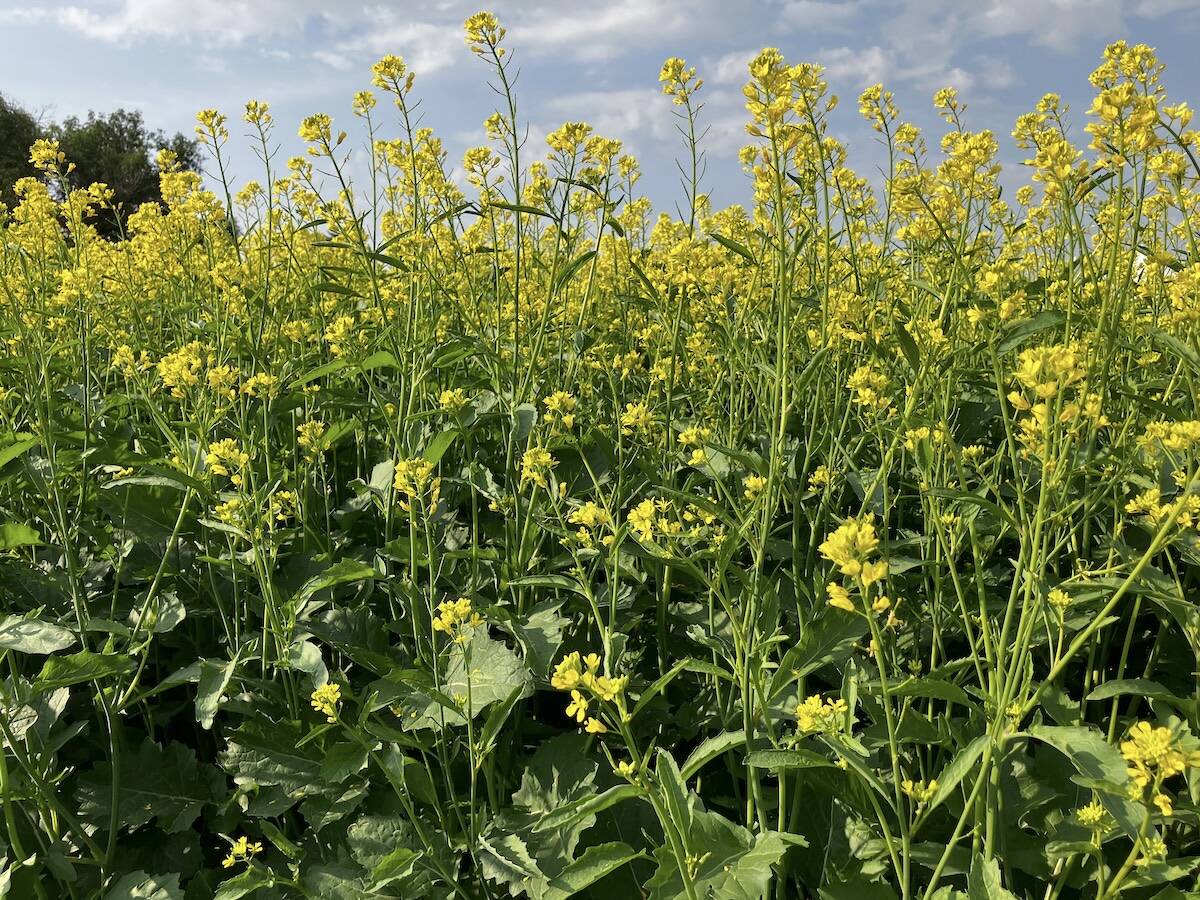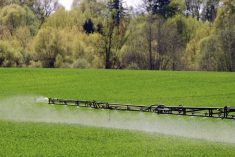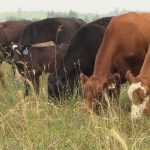A new pre-budget report from the House of Commons’ finance committee is recommending several measures directly related to agriculture — including sought-after tweaks to AgriStability and creation of an entirely new business risk management program.
The multipartisan committee heard testimony and received submissions from more than 800 groups and individuals. Mostly-virtual meetings took place in December; the resulting consultation report was released Tuesday.
Canadians don’t yet know when the next budget will be released. Generally, this happens in March, but COVID-19 has messed up the parliamentary calendar. The 2020 budget was cancelled and replaced by an economic statement that focused almost entirely on pandemic spending.
Read Also

Mustard prices holding steady
Mustard markets in Western Canada are showing little movement this winter, said Norm Hall, board chair of the Saskatchewan Mustard Development Commission.
For the 2021 budget, members of Parliament recommend the federal government restore AgriStability levels to previous levels, create a national labour strategy for agri-food and develop a new business risk management program focused exclusively on climate change.
The report recommends the 2021 budget “improve the business risk program and AgriStability be reinstated at 85 per cent of reference margins.”
Already the governing Liberals have agreed to do just that, but it can’t be accomplished without more support from Prairie provinces.
Late last year, Bibeau proposed dropping AgriStability’s maximum reference margin and increasing the compensation rate from 70 to 80 per cent retroactively for 2020 as well as for 2021 and 2022.
That would offer producers a better chance of receiving support from the program and more money when they do — but it would come at an added cost to provincial and federal governments that jointly pay for it.
The expected cost increases have made Alberta, Saskatchewan and Manitoba hesitant to agree, despite pressure from producer groups, the federal government and, now, a multipartisan committee report.
Another recommendation from the finance committee is to “work with industry to develop a labour action plan for Canada’s agri-food sector” — a recommendation expected to be welcomed by many in the industry.
Food and Beverage Canada, for one, called for the development of a labour action plan when offering testimony to the committee. The organization represents 1,500 food and beverage manufacturing businesses in Canada, and has long called for developing such a strategy.
It released its own pre-budget consultation in August, which lobbied for a rebalancing of relationships across the supply chain.
Food and Beverage Canada also contends a “Retailer Code of Practice” should be put in place by the end of 2021, and calls for the federal government to launch an investigation into the practices of Canada’s food retailers.
Finance Minister Chrystia Freeland is expected to at least consider the recommendations from the committee as part of her budget deliberations.
Freeland and her Liberal colleagues continue to tout the merits of a green, post-pandemic economic recovery — and U.S. President Joe Biden is also championing environmental stewardship in the early days of his administration, causing further speculation the Liberal budget will have a heavy focus on combating climate change.
To that end, a finance committee recommendation to create and fund a new business risk management (BRM) program focused on climate change is piquing interest.
Called AgriResilience, the program would be designed “to help farmers transition to lower-carbon agriculture practices, thereby reducing the growing climate risk in this sector. An AgriResilience program would reward innovation and the adoption of new, more resilient farming practices, thereby helping to reduce climate risk.”
The idea originated from Equiterre, a Quebec-based environmental organization with ties to the Liberal cabinet via one of its founders, Steven Guilbeault, currently Canada’s heritage minister.
Equiterre also recommended the federal government “adopt and fund a national strategy with nature-based solutions in the agriculture sector to limit growing GHG emissions and protect soil health.”
— D.C. Fraser reports for Glacier FarmMedia from Ottawa.
















